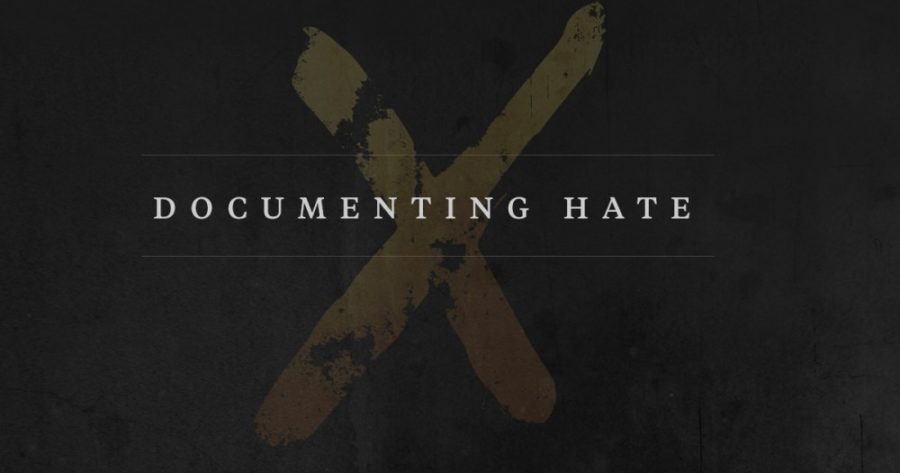The Pitt News is joining ProPublica’s Documenting Hate project to better report on incidents of hate, bias and harassment at Pitt — and we want to hear your stories.
Reports of hate crimes are up nationwide, and college campuses are no exception. The Federal Bureau of Investigation received reports of about 6,000 hate crime incidents from local police departments in 2015. According to Pitt’s most recent safety report, zero hate crimes occurred on campus in 2015.
But a study from the Bureau of Justice Statistics estimates a quarter of a million hate crimes occur in the United States each year — the vast majority of which are not reported to the police.
That’s why we’re partnering with ProPublica, a nonprofit investigative news outlet, and dozens of newsrooms across the country. Most hate crimes go unreported and there is no federal agency tracking lower-level incidents of harassment. Through this project, we hope to tell your stories about how hate and bias have affected your life at Pitt.
The FBI defines a hate crime as a “criminal offense against a person or property motivated in whole or in part by an offender’s bias against a race, religion, disability, sexual orientation, ethnicity, gender or gender identity.”
A bias incident is an offense motivated by similar factors, but it may not be considered a crime under the law. This could include harassment or intimidation.
Pitt has an online form for reporting bias incidents through the Office of Diversity and Inclusion. Pitt’s process is not entirely confidential, as the University says it might share the information with people in the school who “need to know.”
“Pitt is committed to a discrimination-free environment, and will take prompt measures to investigate and stop any unlawful or inappropriate activity that unlawfully interferes with the University environment,” the reporting form website says.
But in joining the Documenting Hate project, we hope to gather personal stories and share them with the University community. If you’ve been a victim or witness of hate, please share your story in the form below.
Information shared on the form will be confidential and not shared with the University. Your name and personal details will not be published without your permission. You may be contacted by a Pitt News reporter for more information if you feel comfortable sharing.
The Southern Poverty Law Center recommends victims and witnesses of hate crimes contact law enforcement first.


